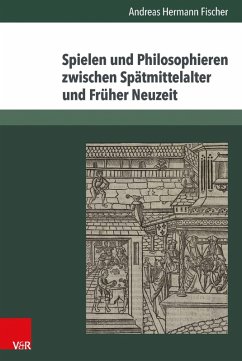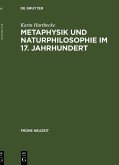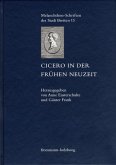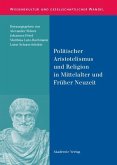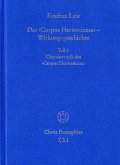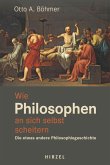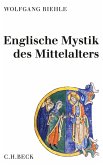The philosophy of play during the Middle Ages and the Renaissance has been largely neglected by scholars, despite the fact that influential thinkers, such as Albertus Magnus and Thomas Aquinas, perceived recreational play to be a vital part of a philosopher's life. By exploring a heterogeneous collection of diverse philosophical approaches to ludic practices, this innovative study provides the first in-depth discussion of the complexity of medieval and early-modern ludic philosophy. Particular attention is devoted to the relationship between play and philosophy, which the influential Aristotelian discourse on play, initiated by Albert and Thomas, conceptualized as a contradictory dichotomy. By focusing on the manifold epistemic transformations which occurred during the Renaissance, this study analyses how philosophers in various contexts developed alternative or complementary theories of the connection between ludus and philosophia.
Dieser Download kann aus rechtlichen Gründen nur mit Rechnungsadresse in A, B, BG, CY, CZ, D, DK, EW, E, FIN, F, GR, H, IRL, I, LT, L, LR, M, NL, PL, P, R, S, SLO, SK ausgeliefert werden.

